Camping Season is Here
Come Labor Day, campsites, parks, and trails are full to the brim. Unless you’re full-on ‘glamping’ (that is, glamour camping with a ridiculous amount of luxury amenities), the foods you take along for the tent, the cooking stove, or the R.V. can make or break your trip. And while you might be facing extra challenges of keeping food dry, stored, or cold, there’s a better solution than filling up on expensive, prepackaged snacks and meals.
Once again, dairy brings the goods.
If you’re planning snacks and meals for a weekend away, foods like cheese, milk, and yogurt punch above their weight. More so than the sugary drinks and energy bars people pack when they’re about to hit the trail, dairy products are nutritious, energy-giving, hydrating, and satisfying. But what happens when you try to store dairy for a long camping trip? Along with some meal suggestions, let’s check out the do’s and don’ts for packing dairy and other core ingredients for your outdoor adventure.
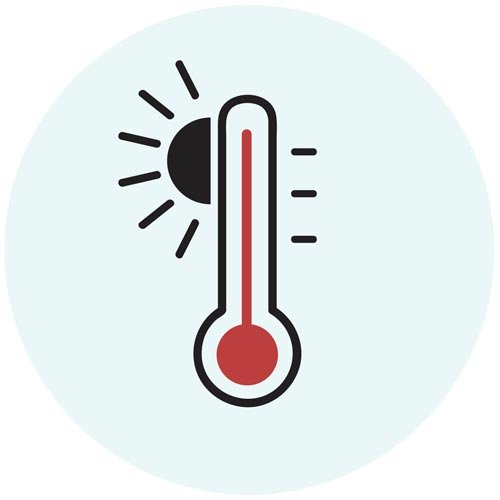
To refrigerate? Or not…
A great place to start is dividing foods into groups that need (and don’t need) to stay cold. Foods and ingredients that don’t spoil are great for shorter trips and vital if you’re hiking out with everything on your back. Aside from basic dry goods—bread, cereal, oatmeal, rice, tortillas, and the like—Here’s what won’t spoil if you leave it outside:
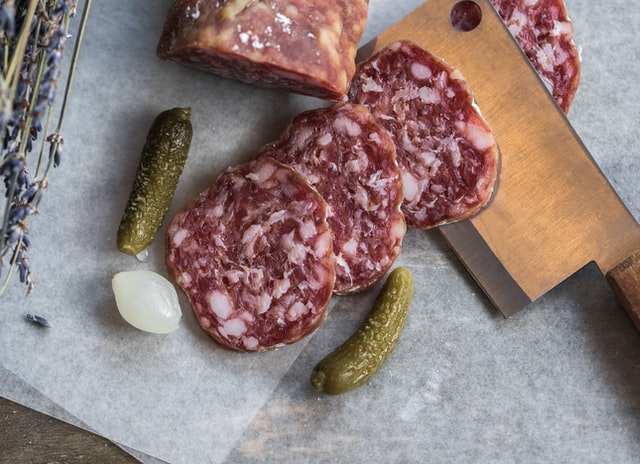
Protein
- Cured meats like salami and well-cooked bacon
- Powdered and unpasteurized eggs
- Beans and nuts
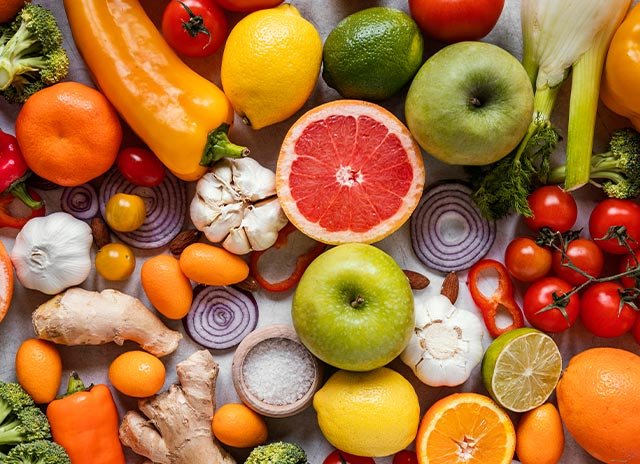
Fruits and Vegetables
- Go with apples, lemons, limes, oranges, or grapefruit
- Carrots, broccoli, celery, potatoes, onions, and zucchini also stand their ground

And When it Comes to Dairy
- Butter (if you’re outdoors, it’s good for 2 – 3 days)
- Hard cheeses. Cheddar, mozzarella, parmesan, Babybel, and goat cheese, to name a few
- Powdered milk and cocoa
“Cheddar cheese is a great hard cheese for backpacking and will keep very well throughout a trip. It can be added to many recipes, eaten plain, or with apples and crackers… it’s especially fatty, which is good for long-lasting energy.”
Cameron Bailey, Trail and Summit
Click here to check out Cameron’s section devoted to what cheese he takes on the trail.

Better Keep it Cold
While you can keep an awful lot of foods out of the refrigerator, many more will go bad before you have the chance to prepare them or pass them around. Whether it’s a fancy R.V. fridge or a trusted cooler filled with ice, make sure you keep these items good and cold.
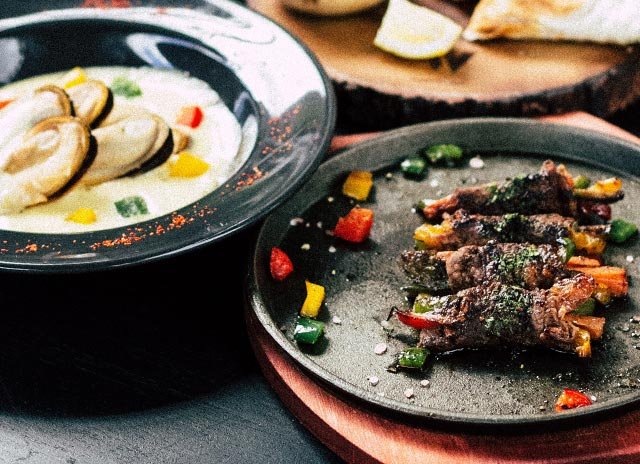
Protein
- Fish, beef, poultry, and most uncured meats
- Pasteurized eggs

Fruits and Vegetables
- Grapes, strawberries, blueberries, mangoes
- Avocados, celery, lettuce, squash…and surprisingly mushrooms
- We should include toppings like jam, jelly, salad dressings, and most condiments

And When it Comes to Dairy
- Half and half
- Milk
- Whipped cream
- Sour cream
- Soft Cheeses
Safety tips for refrigerated foods
While we’re on the subject, a little planning and precaution will help your refrigerated foods last. So when you’re packing up that kayak or camping stove, be sure to: Keep meat and dairy products in a separate container, sealed off from fruits and veggies. Or, if you have them, separate coolers. This prevents any problem with your meat or dairy from contaminating the rest of your food. It’s also smart to refill your cooler with ice daily and keep it full of ice even if you have an additional cooling source.
Don’t make your food run the marathon
Especially if we’re talking meat and dairy that needs to be refrigerated, if you’re outdoors for more than a few days, plan on throwing out what you’ve got and doing some shopping. And unless you’ve got adequate space and containers, it’s not a bad call to toss out leftovers… and by the time you get home, it’s time to toss out anything you haven’t eaten.
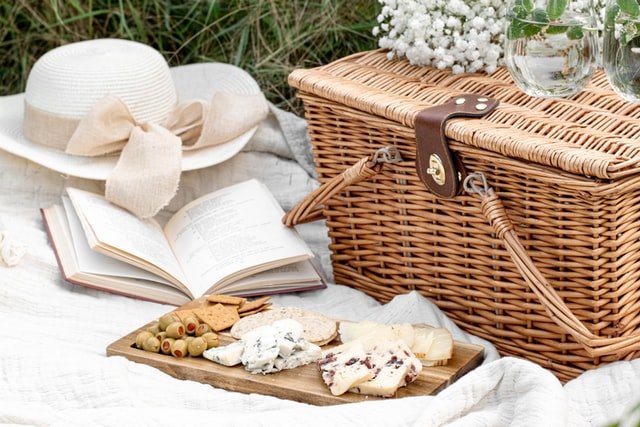
Stay smart, even for picnics and day trips
We all love that gourmet meal with an idyllic mountain view… but for day trips, you’re better off sticking to non-perishables. Without being close to a cooling source like an ice or gel pack, most foods will develop harmful bacteria after a couple of hours. That being said, sealed packs of yogurt (which are great for snacking) can go a bit longer without spoiling. And most hard cheeses are A-OK for long day trips, even in warmer weather. Although Cameron Bailey suggests taking it in a block rather than cut down slices: “Never cut a big block of cheese to make it smaller and more portable. The more surface area the cheese has on it, the more area there is for mold to grow.”
Outdoor snack and meal hacks
Milk, yogurt, cheese, and dairy products are vital ingredients in a ton of outdoor meals. Whether you’re snacking or hydrating on that windy trail or kicking back by a fire pit, milk and dairy are splendid companions for your time in the wild. You might start with quick, delicious fixes—Babybel cheese for a quick snack or going with a bowl of yogurt granola and berries for an energy-packed breakfast. And if you’re a little more ambitious or culinary, you can dazzle the campground with:
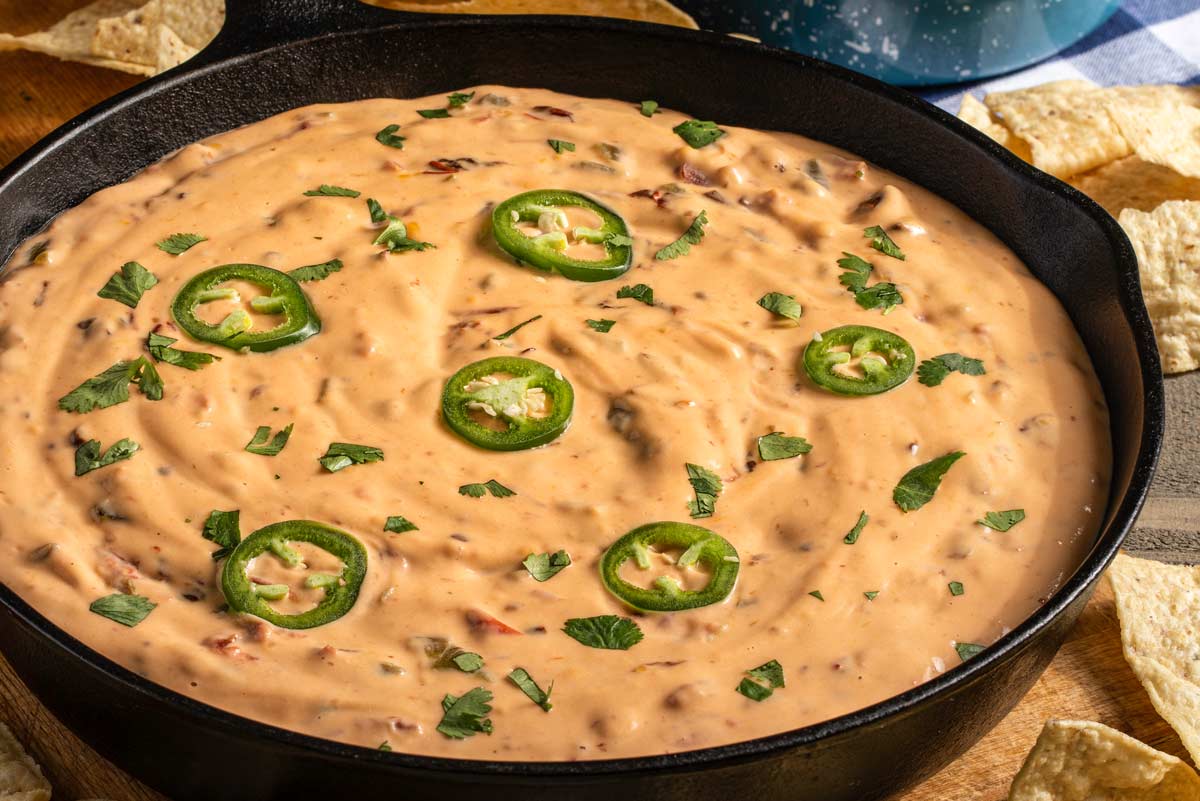
Sizzling Campfire Queso

Hearty Cowboy Casserole
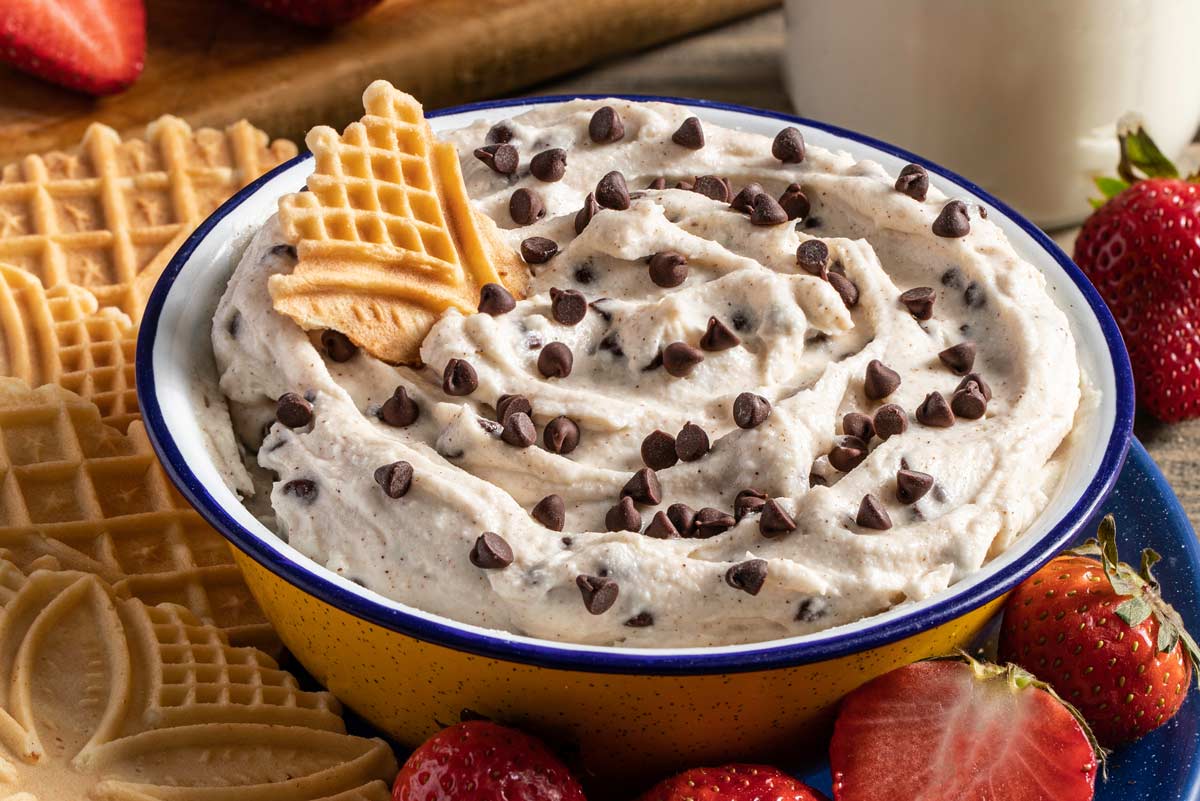
Cannoli Dip
A sweet, chocolate-sprinkled desert that’s right up there with s’mores (it’s close).
Need more suggestions? We’ve got ‘em. Arizona Milk has your back with even more scrumptious RV camping recipes.
Making the good times last
Time spent outdoors makes for splendid memories. And if food safety is the guardrail, then food is the fuel—especially the yogurt, hard cheese, and dairy that brings a healthy dose of energy to whatever you’ve got planned. If you’re going glamping, hiking the coast, or just heading out of town for some higher elevation, then think and plan. When you get there, it’ll be more than worth it.


